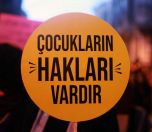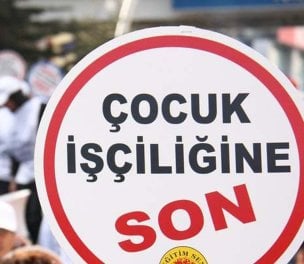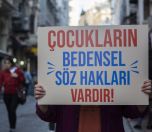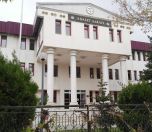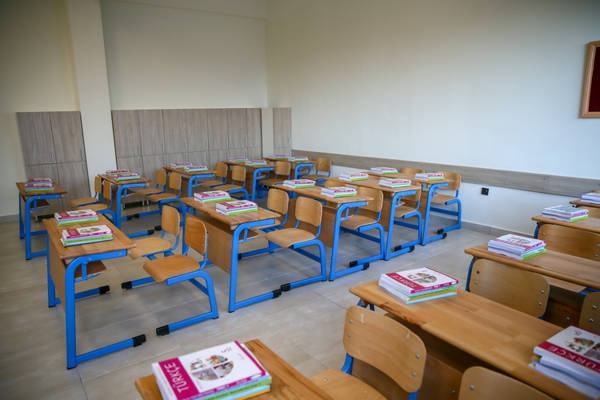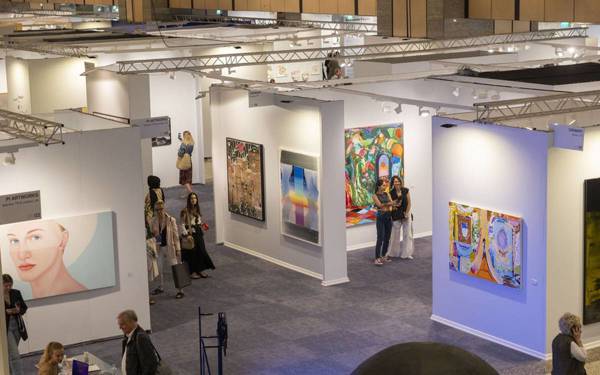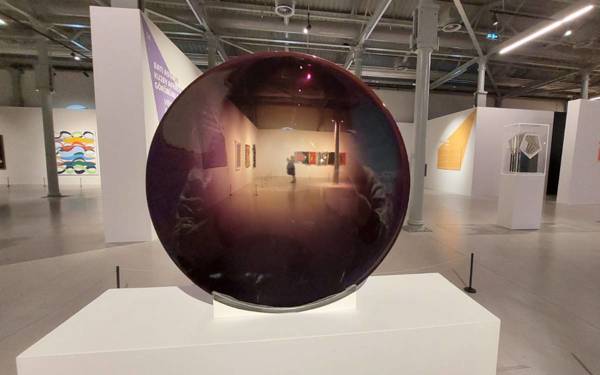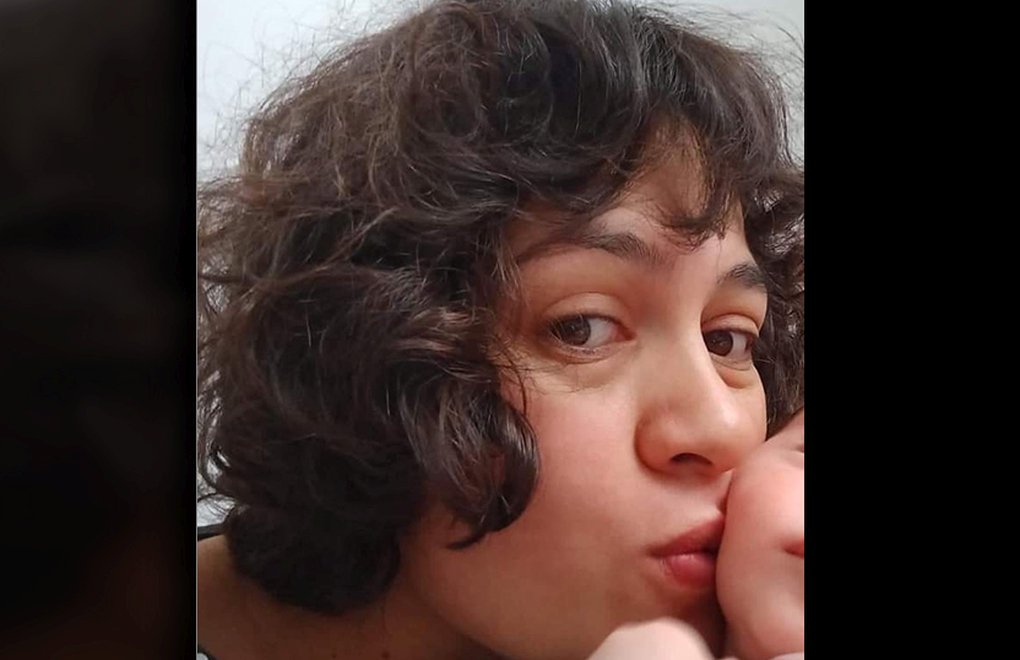"Children have a say on their bodies" - Photo: Hale Güzin Kızılaslan/csgorselarsiv.org
Click to read the article in Turkish
Lawyer Kasım Akbaş has spoken to bianet about a recent court ruling which has given a higher prison sentence to a child worker who was battered in Afyon for asking his employers for his unpaid wage of 200 lira than the sentence given to the employers themselves.
Defining this picture as "unfortunate", lawyer Akbaş says that this case is similar to the one where the children who "stole baklava" (a traditonal layered pastry dessert) in Antep province were put on trial in 1997 in the sense that they have both hurt the public conscience.
At the final hearing held in the Afyon Courthouse yesterday (September 16), the court board sentenced the employers who had inflicted violence on the child to 1 year, 18 months and 3 years in prison on charge of "injury with a weapon" and the 16-year-old child who had been subjected to violence for hours to 3 years, 9 months in prison on charge of "theft for usage." As Ş.C.K. is a child, the court has reduced the sentence to 2 years, 1 month.
The sentence given to the child has been deferred.
Following the case on behalf of the Child Rights Center, lawyer Kasım Akbaş makes the following comments in brief:
"Even though the bosses of the workplace, namely the defendants who inflicted violence on the child, have been given a sentence and their sentences have not been reduced, we have especially found the sentence given to the child unfair and disproportionate.
"One of the defendants who inflicted violence on the child has been sentenced to 1 year, 18 months in prison while the other defendant has been sentenced to 36 months in prison. After reductions and all, the child has been sentenced to 2 years, 1 months, so 25 months in prison.
"So we see that the defendants who inflicted violence on the child and tormented him with iron sticks have been given 30 and 36 months in prison while a child has been sentenced to 25 months in prison because he took his boss's car, drove around and came back.
"Examining the incident where the child threw a case to defend himself, the court board has considered it to be an 'attempted actual bodily harm'. The child has been given a sentence because of this as well. The court has turned this sentence into a judicial fine and reduced it. And it has also ruled that the pronouncement of the verdict shall be suspended.
"Two adults beat a 16-year-old child with iron sticks in their workplace and prevented him from going out. And a child is given a prison sentence higher than them because he defended himself against two adults.
The best interest of the child was not observed throughout the trial. The only point where it was observed was when the sentence was reduced. If the defendants did not have repeat offenses, they would have perhaps been given sentence reductions as well. Such a trial of a child is contrary to law, justice and conscience.
'Like the case of children "who stole baklava"
Akbaş says that this recent trial is similar to another case from the 1997, where the children "who stole baklava" in Antep were put on trial:
"According to the law, if the crime is committed at night, the sentence to be given shall be increased by half. The sentence of the child has been increased in this case for this reason. It is similar to the issue of the children 'who stole baklava' in Antep. The case was the following: A group of children broke into a closed, locked up place at night by breaking its window. These were all reasons for increasing the sentence. Those children were arrested pending trial very badly and given a sentence at the end. It was a precedent case. However, in the same period, there was also the corruption of the Imar Bank. The ones who emptied the Imar Bank were standing trial without being arrested. This is exactly an example that is similar to that situation."
'Court criminalized the child'
Noting that the sentence given to the child has been deferred, Akbaş underlines that if the current ruling is finalized, it will be written in the child's criminal record. Lawyer Akbaş briefly adds:
"While the state and the judicial system di not fulfil their obligations to protect the child, they have also criminalized him with the sentence they have actually given, but deferred. He will be faced with this sentence in another incident. It has been added to his record. If a public officer committed it, we would call it 'torture', as they are civilians, we call it 'torment'.
"The state could not protect the child from violence and torment. Not only did it not protect the child, but it has also aggrieved him twice by spoiling his record. A 16-year-old child had to work, he had to stay the night in the workplace, he was subjected to violence... Horrible in all aspects...
"The child was subjected to serious torment. The court considered it to be a petty battery, as if it had been an incident that took place among three adults. The trial has not been child-oriented and the best interest of the child has not been observed since the beginning."
'Sentence not verbally pronounced'
Moreover, Akbaş says that they left the courtroom after the hearing ended, but they were unable to understand who were given what sentence as the presiding judge only said the numbers of the law articles:
"Ms. presiding judge said it like this: 'We apply Article 86/1 to this defendant, we don't apply 29 to him... Article 86/3 is applied to that defendant... We give a judicial fine to the child as per the Article 86/2...' She closed the file by going on like this. Even lawyers cannot possibly understand it.
"Not only us, but the lawyers of the defendants could not understand it, either. This is the first time that I see something like this. We anxiously waited for half an hour to understand whether we were given a sentence or whether it was deferred or not. The sentence shall be verbally pronounced before you. Ms. presiding judge only listed the law articles quickly." (AÖ/SD)






